Eighty years ago, the Popular Education Movement launched by President Ho Chi Minh quickly solved the problem of illiteracy and, most importantly, aroused people's awareness, rights and duties towards learning.
In that spirit and inspiration, the current Digital Literacy Movement aims to implement Resolution No. 57-NQ/TW of the Politburo on breakthroughs in science, technology, innovation and national digital transformation, setting many goals such as "eliminating digital illiteracy", "universalizing digital" to help people access and utilize technology in life, improve labor productivity, create new job opportunities and form a community that adapts to digital transformation; participate in building a digital government, digital society, digital economy, digital citizens..., contributing to promoting the emulation movement of learning, lifelong learning, creating an important driving force for the national digital transformation process.
Right from the beginning of the 13th Party Congress, under the leadership of the Party and the State, the digital transformation has received positive responses from the people and businesses because of its undeniable practical benefits. In the National Strategy for Digital Economy and Digital Society Development to 2025, with a vision to 2030, issued on March 31, 2022, it continues to emphasize that "The task of developing the digital economy and digital society is given high priority in national development strategies".
From the policy of universalizing digital skills, many new models and good practices have been organized and implemented by agencies, departments and branches from the central to local levels such as: Community digital technology groups, digital university education, open online learning platforms (MOOC) Onetouch, Mobiedu, daotao.ai...
In many provinces and cities, community digital technology groups have attracted thousands of members. Many individuals and businesses have also contributed to the process of developing digital skills among the entire population by proactively building learning communities such as: "Popular AI Learning & AI Training Program", "AI Universe - AI Applications to Optimize Work", "Technology Q&A (Ask and Answer)".
In the digital literacy movement, Vietnam has an advantage over some developing countries thanks to the continuously increasing number of internet users and smart device owners. However, according to 2024 data, 21% of Vietnam's population still lacks internet connectivity.
In the digital literacy movement, Vietnam has an advantage over some developing countries thanks to the continuously increasing number of internet users and smart device owners. However, according to 2024 data, 21% of Vietnam's population still lacks internet connectivity.
According to a UNICEF report, only about 36% of Vietnam’s population aged 15-24 has basic digital skills. Several domestic and international studies have also pointed out that disadvantaged groups in Vietnam are at risk of falling behind in the digital literacy movement due to a lack of attention and training and support models.
In addition, there is a gap between digital literacy programs in Vietnam. Digital learning communities and groups are becoming more and more popular, but they lack cohesion and connection to gradually create a digital learning society.
Therefore, it has not really encouraged citizens to learn throughout their lives, constantly improve their skills and qualifications, and promptly adapt to the rapid changes of the country and the world. A large proportion of people, including government officials, have not yet fully grasped the increasing requirements of digital transformation and digital learning, but have only stopped at accessing and using digital service applications.
One of the reasons for the difficulty in popularizing digital skills is the inadequacy of a segment of the population in receiving new knowledge to serve the national digital transformation process. Many people are still indifferent and take lightly the training sessions and practice sessions organized by the government and agencies; ignore videos and articles instructing on the installation and use of popular software such as VNeID and VSSID even though they directly replace and reduce paperwork, administrative procedures, and current public services.
Besides, there are still people who refuse to use management software issued by the State and local authorities because they believe in conspiracy theories and false information spread and propagated by bad actors on social networking platforms.
The most common are fabricated information such as "management agencies intentionally steal and sell people's information", "poor security mechanism", "The State issues applications, citizen identification cards, passports with electronic chips to monitor people", "violation of personal freedom",... In fact, these applications are all safe in terms of data security, only have management functions but do not control users like the false information being spread online.
To carry out their dishonest schemes, some individuals and organizations with ill will and extremists also regularly post controversial articles and content about digital applications and platforms issued by authorities to sow doubt or incite opposition.
They exaggerated the instability of this application by adding useful new updates such as integrating driver's licenses and social insurance to accuse the "State of making things difficult" for the people.
In some cases, applications and digital platforms do not work stably on devices due to user errors in declaring incorrect information, not remembering passwords and email addresses, not updating as required by the device... but they also try to blame the supplier.
Bad actors have sought to entice and incite ignorant individuals to join in boycotting digital applications and platforms by posting many subjective and negative comments and reviews. Thereby, creating a sense of confusion and fear for others in the process of "eradicating ignorance" about digital transformation.
In the context of the emergence of a “digital production method” characterized by a harmonious combination of humans and artificial intelligence, the dissemination of digital skills has become an urgent requirement for Vietnam if it does not want to miss the historic opportunity to enter a new era.
In the context of the emergence of a “digital production method” characterized by a harmonious combination of humans and artificial intelligence, the dissemination of digital skills has become an urgent requirement for Vietnam if it does not want to miss the historic opportunity to enter a new era.
This requires a widespread movement of learning, launched throughout the entire Party, the entire army, and the entire people, of the magnitude of the Popular Education movement launched by President Ho Chi Minh at the first meeting of the Provisional Government on September 3, 1945.
On November 18, 2024, at a meeting with representatives of teachers and education managers on the occasion of Vietnamese Teachers' Day, one of the tasks that General Secretary To Lam pointed out that the education sector needs to do immediately is to launch the "Digital Popular Education" movement.
The spirit of the head of the political system has been expressed in Resolution No. 57-NQ/TW dated December 22, 2024 of the Politburo on breakthroughs in science and technology development, innovation and national digital transformation.
It clearly states: “There is an effective propaganda and education program to raise awareness, determination, develop science-technology and innovation, carry out digital transformation in the entire political system, people and businesses, create trust and new momentum in society. Widely deploy the “digital learning” movement, popularize and improve science-technology knowledge, digital knowledge among cadres, civil servants and people”.
Recently, on March 26, at the launching ceremony of the movement and the launch of the "Digital Popular Education" platform, Prime Minister Pham Minh Chinh affirmed that "Digital Popular Education" is inherited, nurtured, and encouraged from the Popular Education movement launched by President Ho Chi Minh, and is a bridge between the past and the future.
Not stopping there, the movement also aims to concretize the Party's guidelines and policies in Resolution No. 57-NQ/TW; respond to the spirit of lifelong learning directed by General Secretary To Lam; demonstrate the high determination of the entire political system in launching and implementing the Popular Education Movement No.
However, for a movement to have sustainable value, there needs to be specific policies and methods in addition to promoting propaganda activities in many diverse forms. In particular, building digital knowledge dissemination platforms, the latest of which is binhdanhocvuso.gov.vn, plays an essential role in providing knowledge and continuous learning solutions for the people.
At the same time, it is necessary to link the Digital Literacy Movement with the spirit of lifelong learning and a learning society, thereby affirming the consistent guiding viewpoint of the Party and State on learning from the past to the present, helping people have a full and correct awareness of the rights, duties and responsibilities of "digital learning".
According to Professor, Dr. Pham Tat Dong, the Digital Education Movement requires students to study on their own, anytime, anywhere using smart technology devices, combining many forms of online and in-person learning. Learners can take advantage of their time to study at home, at work, and on public transport.
Because the target of digital literacy is the entire population, the learning resources must be very rich and diverse, from simple to complex, suitable for each learner. For this reason, standardizing digital learning materials is also an issue that needs to be raised in the process of popularizing digital skills and knowledge.
Digital literacy programs also need to have measures and criteria to evaluate the results of digital literacy in self-study, online learning, and distance learning conditions. Thereby, still ensuring the criteria for substantive learning as in traditional forms of education.
This is an important premise for developing training forms in the near future in Vietnam such as the digital university model, allowing people the opportunity to study further and supplement their knowledge flexibly.
In addition, in the spirit of “leaving no one behind”, the Digital Literacy Movement also needs special policies to provide vulnerable groups such as people with disabilities, ethnic minority children, and the elderly with the opportunity to access technology, develop digital skills, and apply them to work and study. In particular, people with disabilities are a potential workforce that Vietnam has not been able to take advantage of due to the lack of appropriate training methods and mechanisms.
Digital literacy with superior technology will quickly solve this problem, when it can support people with disabilities in learning general skills and finding jobs that match their abilities.
With the achievements from past movements to encourage learning and talent, we have the right to believe in the success of digital literacy in popularizing and developing digital skills nationwide, becoming a driving force to promote the national digital transformation process, creating a solid foundation for the country's development.
Source: https://nhandan.vn/nen-tang-cho-su-phat-trien-trong-ky-nguyen-so-post869173.html


![[Photo] "Beauties" participate in the parade rehearsal at Bien Hoa airport](https://vstatic.vietnam.vn/vietnam/resource/IMAGE/2025/4/11/155502af3384431e918de0e2e585d13a)

![[Photo] Looking back at the impressive moments of the Vietnamese rescue team in Myanmar](https://vstatic.vietnam.vn/vietnam/resource/IMAGE/2025/4/11/5623ca902a934e19b604c718265249d0)





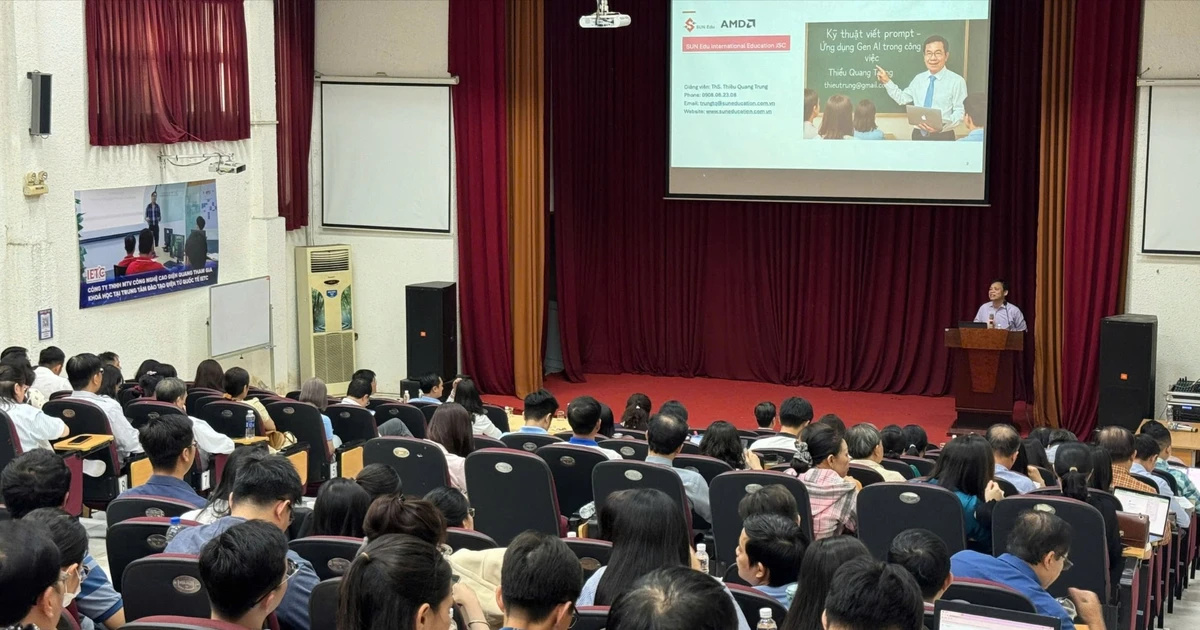





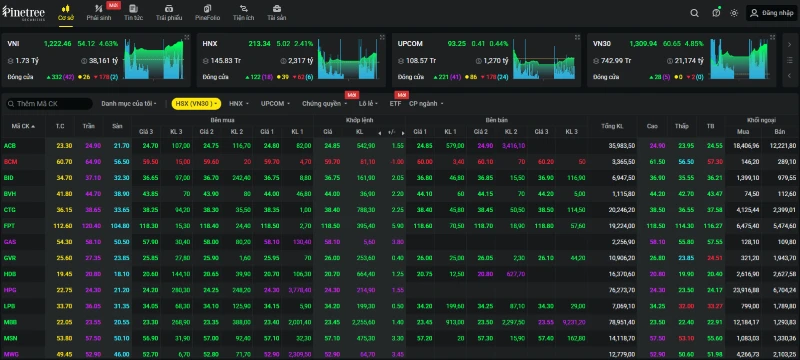
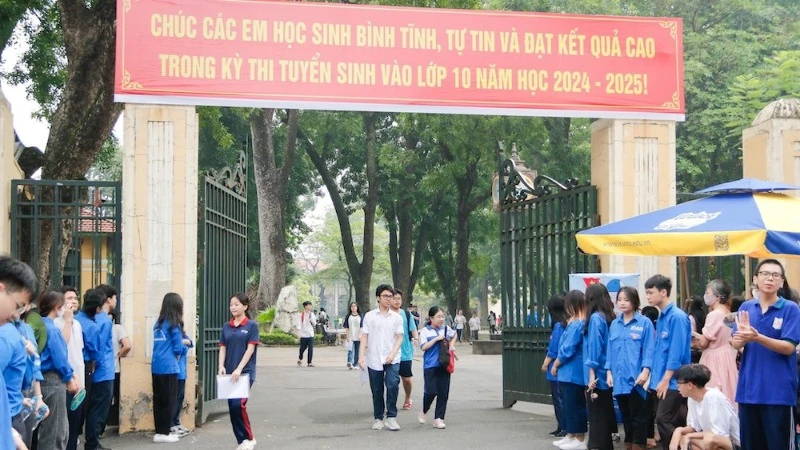

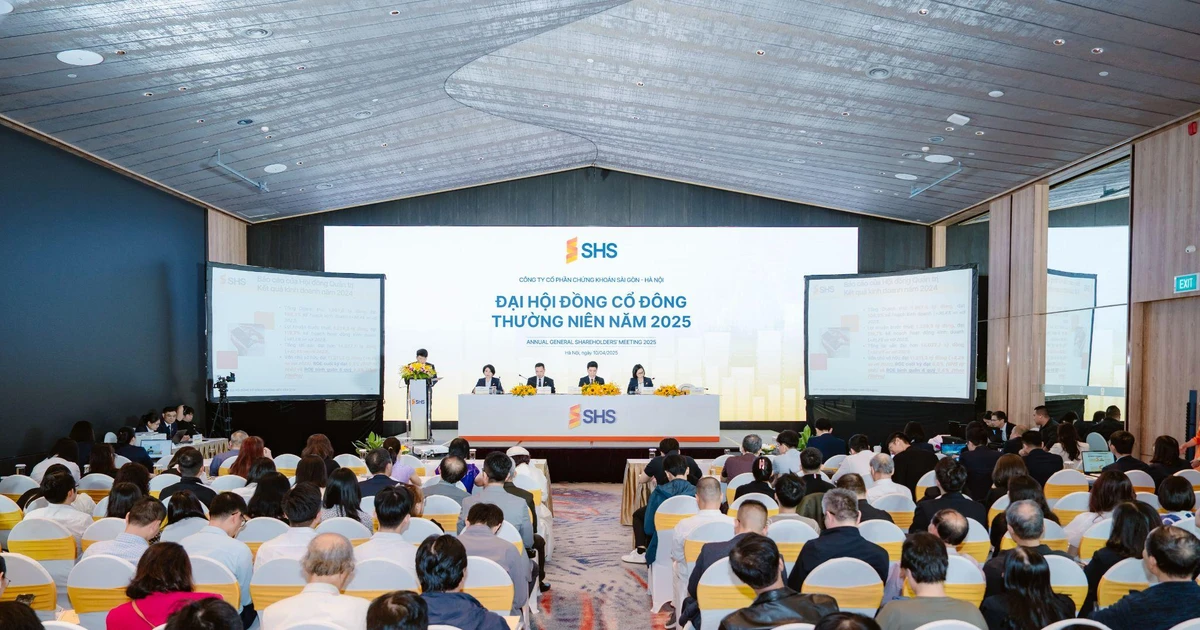
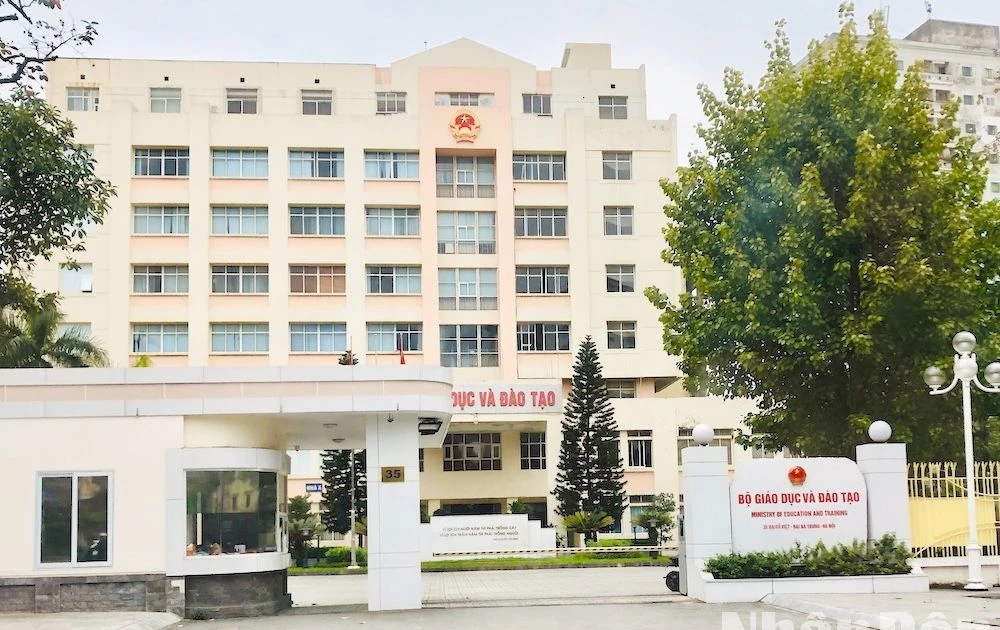


![[Photo] Summary of parade practice in preparation for the April 30th celebration](https://vstatic.vietnam.vn/vietnam/resource/IMAGE/2025/4/11/78cfee0f2cc045b387ff1a4362b5950f)










































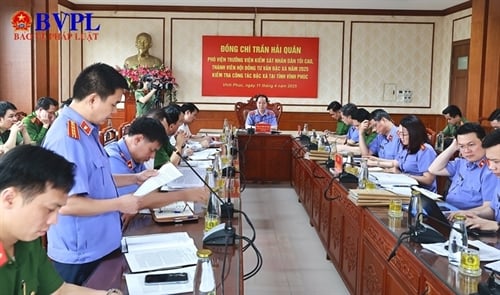
















Comment (0)